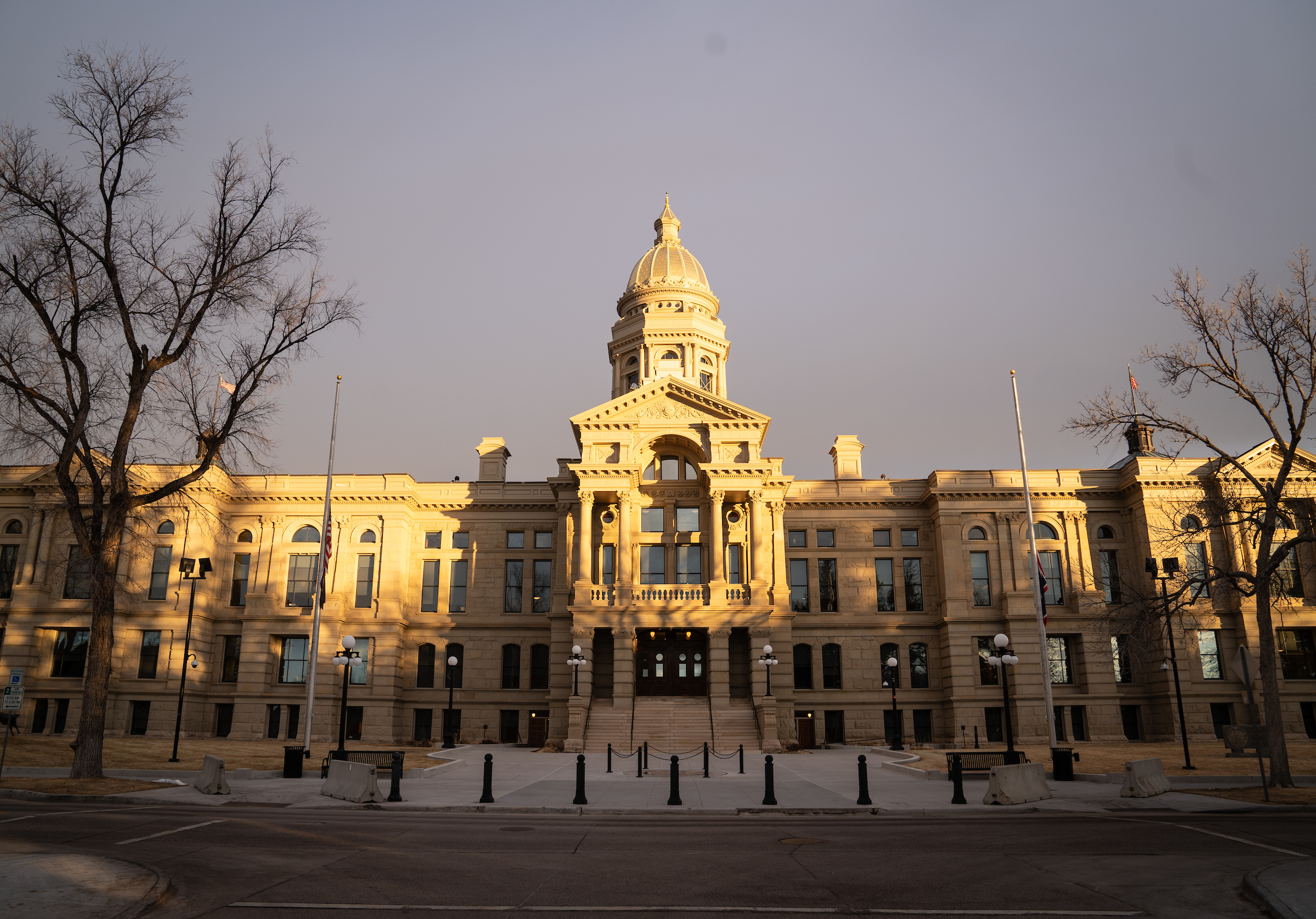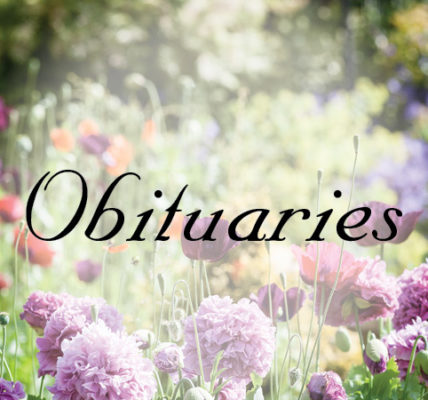
By Carrie Haderlie
Wyoming Tribune Eagle
Via- Wyoming News Exchange
CHEYENNE — Lawmakers spent Monday morning debating which experts — if any — should be allowed to shape Wyoming’s health care system.
At an interim meeting in Afton, the Joint Labor, Health and Social Services Committee heard a recommendation from Gov. Mark Gordon and his Health Task Force to establish a permanent Wyoming Healthcare Authority that would explore health care policy recommendations, according to Jen Davis, senior policy advisor for health and human services in Gordon’s office.
Creation of the Healthcare Authority falls just behind maternity health care and child care issues on the Joint Labor, Health and Social Services Committee’s list of interim topics.
“The purpose of this is to really utilize the expertise of the public and private sectors to inform conversations and make recommendations to you all, to establish a Wyoming health care strategy,” Davis explained on Monday.
Though the Authority does not yet exist, as proposed, it would include state and elected officials, at least one physician, nurse and hospital administrator, a behavioral health provider, a Wyoming business owner, a tribal member and a consumer member, among others. The group would support “ collaborative decision making for improved health outcomes and economic diversification,” according to Davis, with an ultimate vision of a “comprehensive healthcare system that supports healthy living.”
The Labor Committee would have to sponsor a bill creating the Wyoming Healthcare Authority, which would go to the full legislative body for approval before work would begin.
“Certainly, if we draft it into a bill, we would have another shot or two at it to tune it to the way the Legislature would like it to look,” Labor Committee co-Chairman Rep. Dan Zwontizer, R-Cheyenne, said. “Really, this is more abstract today, a proposal, and we would take it and structure it to the way we want.”
A draft proposal outlining the work of the Authority references nonpartisan board members, Rep. Sarah Penn, R-Lander, pointed out, but she pushed back on that idea.
“Looking at the list of governor- appointed members, some of these are — maybe they aren’t partisan, but they’re very one sided in the direction they will take. (During) COVID, and this is reality, one side was silenced. People were not allowed to express opinions for fear of retribution.
“How do you anticipate that situation being avoided, when you have a single hospital administrator, a single dean from a higher education institution (on this board)?” Penn asked.
Individuals asked to serve on the Authority would be doing so in their capacity as an expert in their field, Davis said, and would not be asked about their party affiliation.
“We want their expertise as a physician,” Davis said.
Sen. Lynn Hutchings, R-Cheyenne, expressed concern that the proposed Authority would place bureaucrats between the public and lawmakers as they discuss shaping the state’s health care landscape.
“I am perplexed at this whole process,” Hutchings said. “The way we do things now, you will have a group, let’s just say OB. They come to a legislator and say, ‘Hey, we have an issue here that we’d like to bring forward’.”
From there, Hutchings said stakeholders work collaboratively until new solutions are found.
“You’re saying, ‘Let us give you the answer before you even ask for an answer’,” Hutchings said. “You are trying to alleviate a process that seems to be working very well, and insert a layer that we are concerned about.”
Davis disagreed.
“I respectfully disagree,” she said. “I don’t think our system is working well. I think sometimes constituents maybe come forward to (lawmakers), and you hear one side of the issue, not necessarily all the sides of the issue. Sometimes that results in policy that doesn’t work for everybody.”
The Authority would not be designed to circumvent existing procedure, but to instead dig into policy recommendations from all sides, she continued.
“When we talk about complicated decisions, I think it is imperative that we have industry, the experts who are doing these things and implementing the policy that you all make at the table,” Davis continued.
Sen. Anthony Bouchard, R-Cheyenne, asked if Davis understood the term “regulatory capture,” or the idea that regulatory agencies can actually be dominated by the interests they regulate, and not led by the public interest.
“Are you aware that (people) elect us to protect them from the experts?” Bouchard said. “Regulatory capture is part of that scheme. … where the ‘experts’ have a say, and get to control it for profitability on that end.
“I am, frankly, appalled that we are going to get experts in a room to come tell us how it is going to be because they have the better views,” Bouchard said.
Davis replied that good policy stems from a comprehensive approach, including experts from all sides.
“As we know, there is no issue that doesn’t have two sides to it,” she said. “You have to be able to have those debates in a respectful, cohesive manner. That is what drives good policy.”
Rep. Ben Hornock, R-Cheyenne, asked Davis and several others who testified if they believed Medicaid expansion would alleviate the issues the Authority was intended to solve. On his website, Hornock states that he is “opposed to Medicaid expansion, and will vote to not expand Medicaid in Wyoming.
“In your personal opinion, do you feel that, if Medicaid were expanded in the state of Wyoming, that it would meet several of these criteria that you are bringing forward about the responsibility, the affordability, the access to healthcare?” Hornock asked.
Zwonitzer reminded the room that Davis was testifying on behalf of the Governor’s Office, although Hornock had asked for a personal opinion.
“What I will say to that is, health care is complicated. I don’t think there is one solution that solves everything. If there were, none of us would be in the situation we are in,” Davis said. “Medicaid expansion has been considered by this body for many years, and (this body) has spoken very clearly that (it) does not want (Medicaid) to move forward.”
The Authority, she continued, would look at “all options, which means looking outside of Medicaid expansion, because this body hasn’t wanted to move that forward.”





